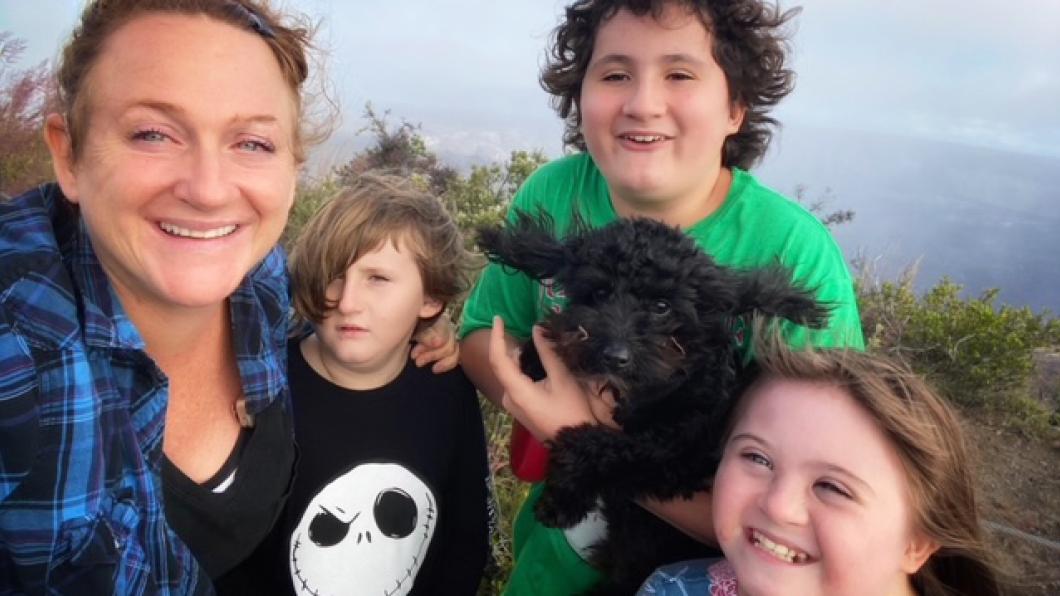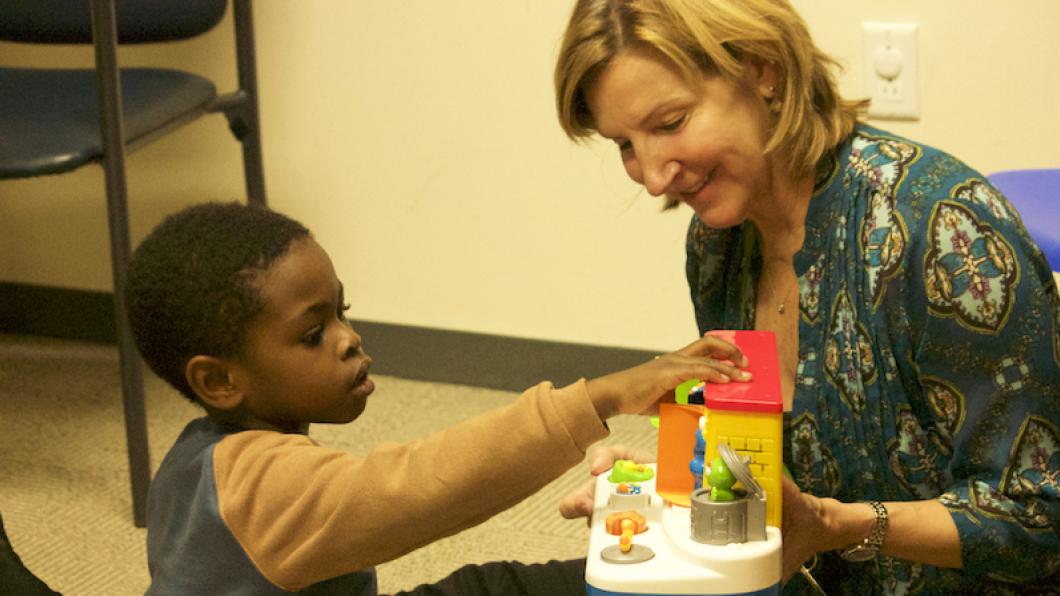With Kyle Thapar
Kyle Thapar is a young teen who attends a mainstream provision. As he is neurodivergent, Kyle recently chose the topic of neurodiversity and ableism for a presentation for his spoken English exam.
Kyle wanted to share this experience with Special Needs Jungle, as his Mum, Mala Thapar, co-leads our Intersectionality Panel with Marguerite Haye. Kyle hopes to raise awareness and to empower and encourage others to share their experiences.
Kyle has also kindly recorded an audio version of his presentation which you can access here:
Ableism is a form of discrimination by Kyle Thapar
I want to discuss ableism, specifically related to neurological disorders and why I believe there is a severe lack of awareness and education on this topic.
Ableism is a form of discrimination which targets individuals with disabilities, it is a topic that is often overlooked or underrepresented in public discussions about discrimination and social justice. This is particularly true for neurological disorders, which are not always immediately visible or easy to understand.
My personal experience
When I was in primary school, I was diagnosed with two neurological disorders:
- ASD, Autism Spectrum Disorder. Usually, adaptability is tough for me, I notice that I am hypersensitive to matters. Hypersensitive means I take specific circumstances and internalise or overreact unintentionally, or my emotions are disproportionate to a situation. Sometimes I find social communication hard and find myself not understanding sarcastic or satirical nuances. I am unable to hold eye contact naturally unless make a conscious effort to do so, without consciously staring.
- ADHD, Attention Deficit and/or Hyperactivity Disorder, for me I have “Type I” which stands for inattentive.
I remember when I was in school and the teacher was giving a lecture. As hard as I tried to focus, my mind kept wandering off to other things, like what I was going to have for lunch or the video game I was playing last night. Before I knew it, the teacher was already on a different topic. I had missed a chunk of what was being discussed. It was frustrating because I knew I was supposed to pay attention, but my brain just would not cooperate.
ADHD is like having a bunch of tabs open on a computer, and every time I try to close one, another one or multiple spontaneously pop up, vying for my attention. It is not that I do not want to focus or that I do not care about what is going on, it’s just that my brain has a hard time staying on track. I would often be portrayed as lazy before I was diagnosed.
Thankfully, I have ADHD medication now and while it does not “fix” my disorder, it does help.
Why is ableism towards neurological disorders not often talked about?
I believe that part of the reason is that it is not always visible or easily understood. Unlike racism or sexism, which are based on physical characteristics that are immediately visible and often talked about in school, neurological disorders are often hidden beneath the surface.
It is not always possible to know if someone has a neurological disorder just by looking at them, and the person with the disorder may not even know that they have one if they have not been diagnosed.
This lack of understanding and awareness can lead to harmful stereotypes and misconceptions about neurological disorders. People with these conditions may get perceived as lazy, unreliable, or even dangerous, simply due to their neurological differences.
This type of discrimination can have serious consequences for individuals with neurological disorders, from lower employment rates to social isolation and mental health problems.
It’s time for us to start talking more about ableism towards individuals with neurological disorders and to raise awareness and education about these conditions. We need to challenge harmful stereotypes and misconceptions and recognise that everyone has the right to live without discrimination, regardless of their neurological differences.
Facts we should be aware of
Did you know that an estimated 1 in 6 people in the UK is affected by a neurological disorder? That is over 10 million people! Yet, many people with neurological disorders still face significant barriers in accessing healthcare, education, and employment.
This is unacceptable, and it’s up to all of us to work towards greater understanding and inclusivity.
My Recommendations
There was a Q&A’s after and I suggested some key recommendations:
Q: How could you suggest ways in which the education system talks about ableism?
A: For me when I have been at school, every year there’s a month dedicated to talking about Black History and mentions of the history of Women’s Rights such as near the 1900s; The only display I have seen of disabilities is when somebody reads the legal list from the Equality Act and they never go into detail for ableism.
I feel like they could implement something similar to how racism and sexism are talked about by dedicating a month or at least a few weeks to this topic from a young age because children are more likely to be able to learn and change their views on certain topics, unlike people who have already passed education.
Q: Do you believe people with physical disabilities are given more support than people with neurological disabilities?
A: I believe people with physical forms of disabilities are more likely to be given the help and support they need because; similarly to race and biological sex where you can view a DNA test or look at physical characteristics, you can tell by looking at somebody if they have, for example, down syndrome from their physical appearance.
Neurological disorders it’s inside of the brain and you have to be diagnosed by somebody with years’ worth of experience in psychology and go through months’ worth of testing to be able to have a diagnosis – hence why it’s impossible to simply see someone and tell if they have a neurological disorder and some people may have multiple disorders of such they haven’t been diagnosed with. I believe it was only around the 1980s when ADHD and ASD became official diagnoses. You’re either born with a neurological disorder or you’re neurotypical unless you develop it later on in life e.g. PTSD (Post-Traumatic Stress Disorder).
Q: What are some harmful stereotypes and misconceptions about people with disorders?
A: Some harmful stereotypes related to neurological disorders like ADHD are thinking that we are lazy, we do not care about a topic and are rude which isn’t true as ADHD is not something we can control, it is caused by a chemical I cannot remember that is being produced inside of the brain.
The harmful misconception it is believing that these disorders are a “disease” and this is not true simply because a disease is something you either catch from another person or something that goes away with time with medication, but ADHD medication only helps the disorder rather than being able to “fix”/cure it as a disease can.
Conclusion
Firstly, we need to challenge our own biases and assumptions about neurological disorders. We need to recognise that everyone’s experiences and abilities are unique, and that neurological differences should be celebrated, not stigmatised.
Secondly, we can support organisations and initiatives that advocate for the rights of people with neurological disorders. We can work to educate ourselves and others about these conditions, by reading articles and books written by people with neurological differences, attending events or workshops, or simply having conversations with people who have different experiences from our own.
In conclusion, ableism towards individuals with neurological disorders is a serious issue that deserves more attention and awareness. We need to challenge harmful stereotypes and misconceptions and work towards greater understanding and inclusivity. By doing so, we can create a more just and equitable society for all.
Also read:
Join the SNJ “Patron” Squad & get exclusive content!
– The SNJ Patrons’ EXCLUSIVE Easter SEND update Newsletter is OUT NOW! If you’re a patron and you haven’t received it check your spam. No joy? Get in touch.
Don’t miss a thing!
Related




